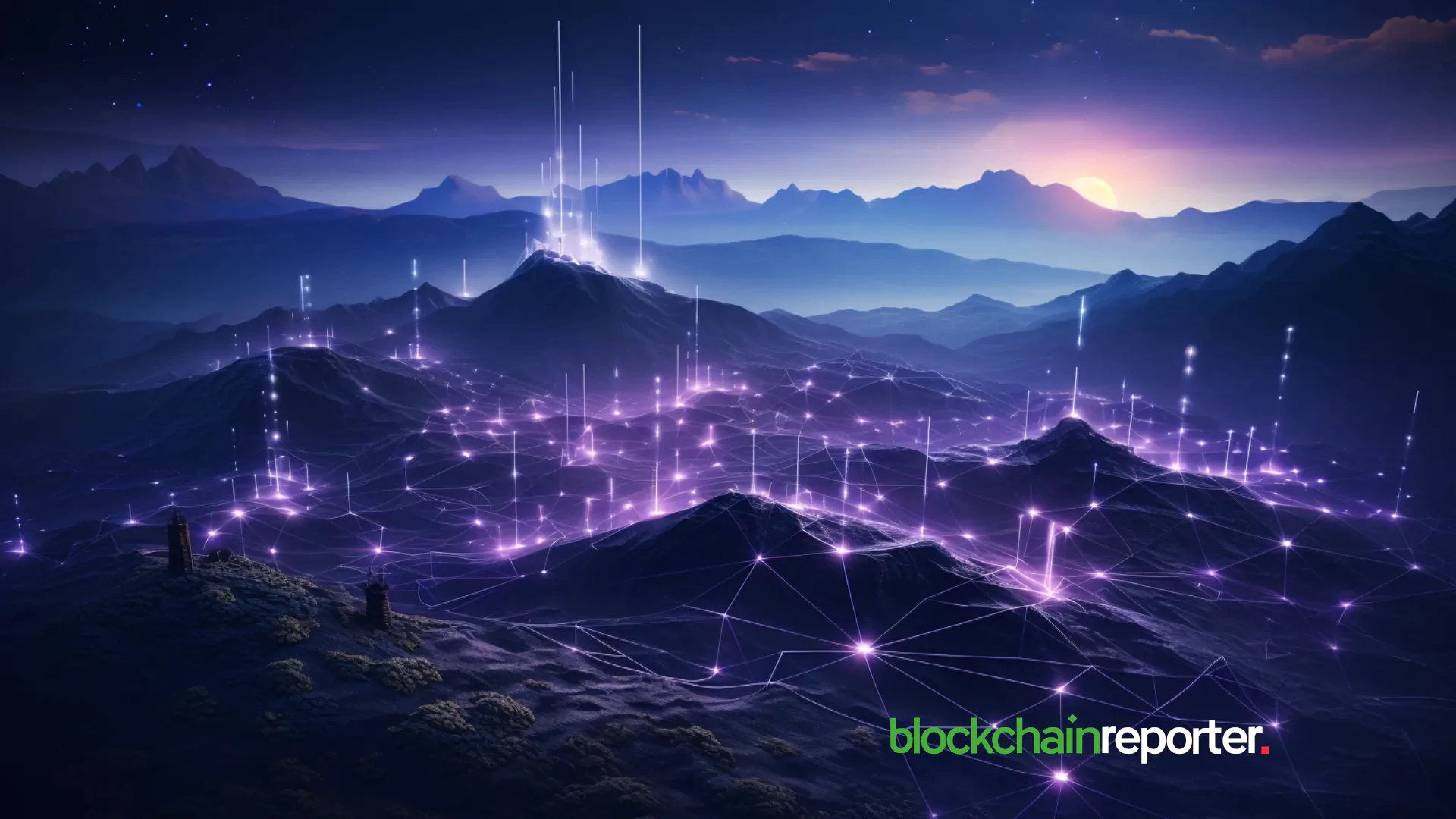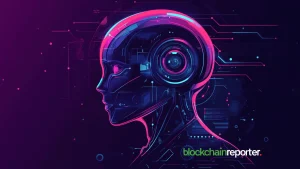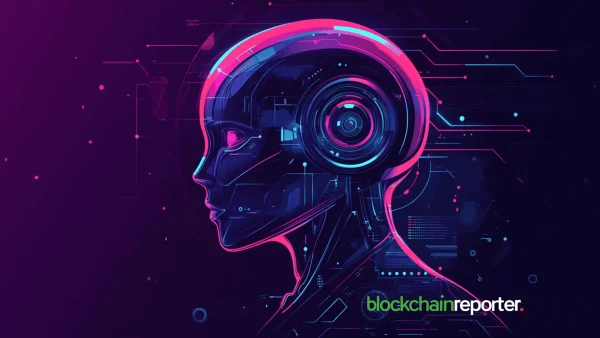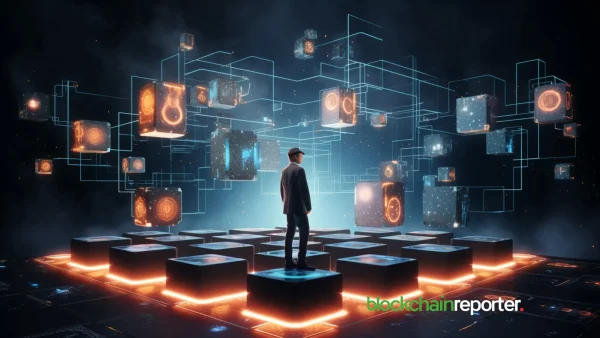
Introduction
As Web3, blockchain, and decentralization gain more mainstream acceptance, we’re entering an enthralling era where trust and transparency are the new currency in the digital realm. Using on-chain data – potentially in combination with Web2 data – we can now quantify and utilize reputation in more flexible ways than ever.
An Uber driver, for instance, is not in control of their reputation. It’s owned by the platform and is subject to reviews, changes, and alterations. And if Uber were to disappear altogether, the driver would need to rebuild their ride and review history from scratch. It’s an economically disempowering model for the individual, and one Web3 can potentially fix.
Reputation-related badges, files, and NFTs are examples of how Web3 can allow people to own their reputations. They can also take those assets from space to space – almost like an on-chain CV – and benefit from their prior contributions and achievements. By further developing the reputation space in Web3, we can open new doors in the decentralized economy.
What is the New Web3 Reputation Economy
The New Web3 Reputation Economy is a term used to describe the emerging economic incentive structures being built on top of decentralized protocols. These next-generation applications are based on trustless, transparent, and permissionless interactions between users. The New Web3 Reputation Economy incentivizes good behavior and penalizes bad behavior, in order to create a more efficient and trustworthy online experience for everyone involved.
The current Web2 reputation economy rewarded centralized institutions and intermediaries for their ability to control and curate information. In the new Web3 world, however, anyone can contribute to the global knowledge base – making it a more level playing field. This also means that there is a greater need for mechanisms to ensure that only quality information is published. That’s where the New Web3 Reputation Economy comes in.
By aligning incentives through game theory, reputation-enabled economics incentivize good actors while penalizing bad ones. This creates a virtuous cycle of improved quality content and interactions, which leads to more users participating in the network – resulting in even more high-quality content and interactions. Ultimately, this results in a better overall user experience for everyone involved.
Benefits of Web3 for Reputation Systems
When it comes to online reputation management, Web3 presents a number of advantages over traditional systems. First and foremost, Web3 is decentralized, meaning that there is no central authority managing or controlling the system. This decentralization gives users more control over their own data and allows for a more democratic approach to disputes and governance.
Another key benefit of Web3 is that it is built on blockchain technology, which provides a high degree of security and transparency. With Web3, all data is stored in a tamper-proof decentralized ledger, making it much more difficult for bad actors to manipulate or delete data. This also makes it easier for users to verify the authenticity of data before acting on it.
New Business Models in the Web3 Reputation Economy
In the reputation economy, businesses and individuals are rewarded for their actions, behaviors, and contributions. This type of economy is based on trust and transparency, two of the most important factors in any business transaction. It’s a glimpse of the future, freeing society from top-down control over their economic lives.
There are many benefits to participating in the reputation economy. First, it helps to build trust between businesses and consumers. Second, it creates more transparency in business dealings, which leads to greater accountability. Finally, it provides incentives for businesses to improve their products and services.
One of the most exciting aspects of the reputation economy is the opportunity it provides for new business models. In the past, businesses have been limited by their geographical location or by the size of their customer base. However, in the reputation economy, businesses can reach a global audience with ease. Additionally, small businesses now have the opportunity to compete with larger businesses on a level playing field.
There are endless possibilities for new business models in the reputation economy. Here are just a few that are currently nascent and emerging:
- Service DAOs. DAOs that provide marketing, software development, or support services are on the rise. The Reputation Economy will enable these organizations to recruit better, retain, and reward the right people in the decentralized work environment. Reputation will be critical to helping service DAOs compete with web2 providers.
- Equitable DeFi. In its current incarnation, DeFi is accessible mainly to those with large amounts of capital, and access to borrowing and lending must be overcollateralized. In the Reputation Economy, DeFi access can be determined by past contributions and behaviors.
- Fraud Prevention. Once reputation can be more deeply quantified and validated for each individual’s wallet via on-chain data and verifiable credentials (VCs), web3 communities will grow more Sybil-resistant. This has far-reaching implications in terms of governance, collaboration, and trustworthy economic ecosystems.
Final Thoughts
The emergence of the reputation economy provides huge potential for society to start embracing more decentralized models of economic interaction. Exploring downstream opportunities in Web3 can create unique and innovative ways to enhance customer relations, reward loyalty, and monetize existing relationships.
By leveraging on-chain digital trust and VCs, this new system provides users with more control over their online presence, allowing them to make better decisions when it comes to how they interact with others. And with the right approach, it’s possible for tribes, individuals, businesses, and DAOs to leverage the unique value proposition provided by the Reputation Economy.
As Web3 technology continues to develop and more datasets become available, we can expect more downstream opportunities such as micro-influencer marketing and reward systems that enable users to monetize their skills or content in exchange for rewards.
This article is contributed by David Harrington (@DavidHWriter) , Independent Writer & Co-builder of Orange Protocol.








